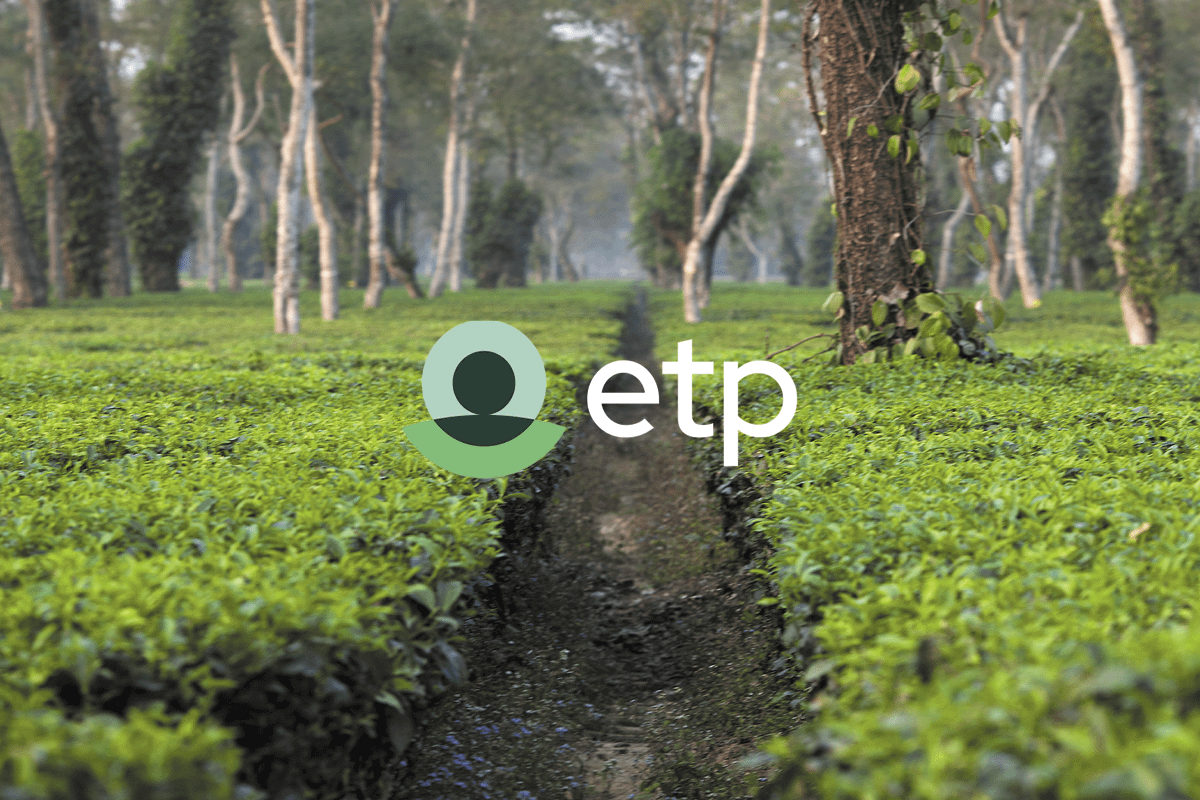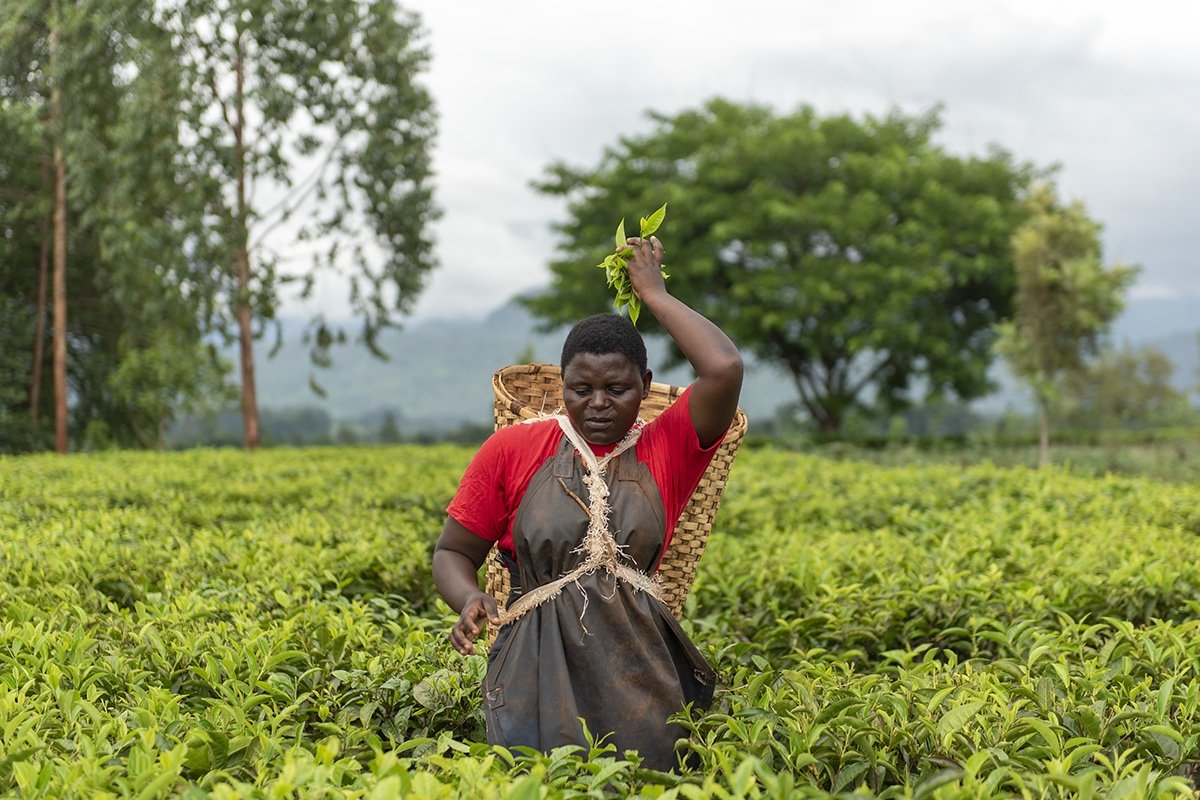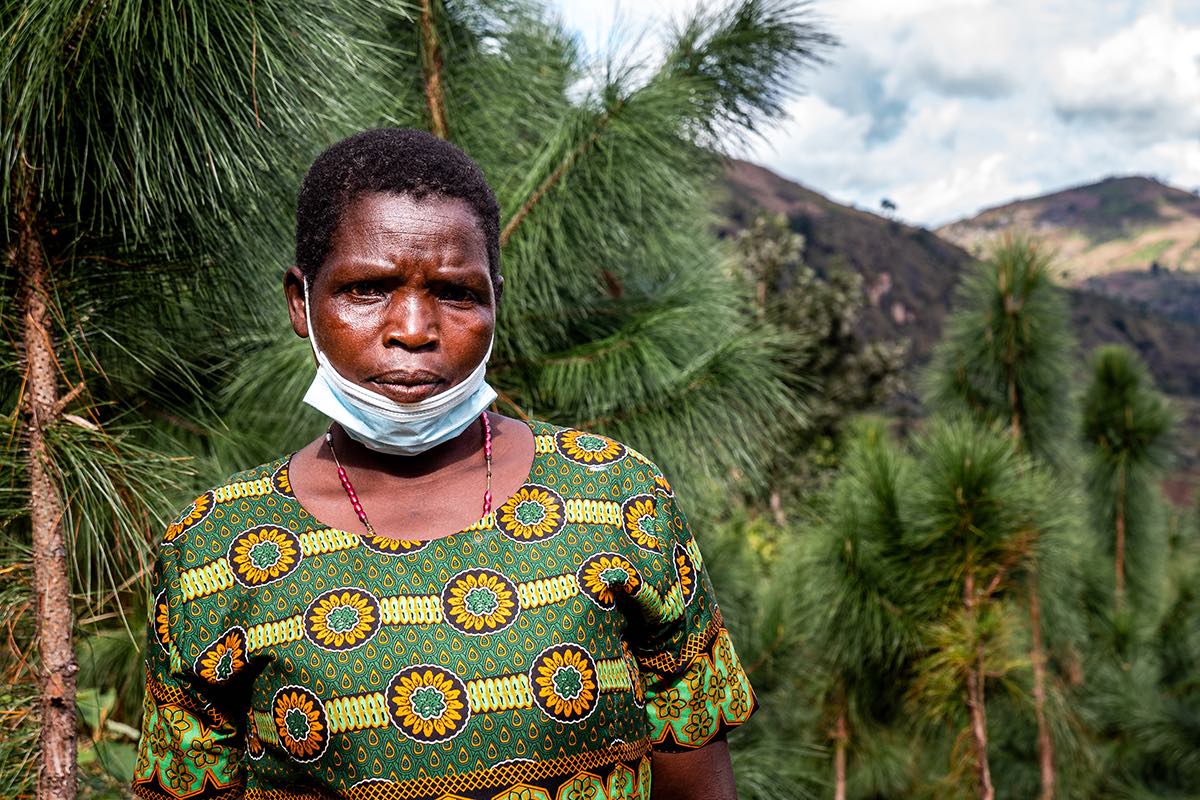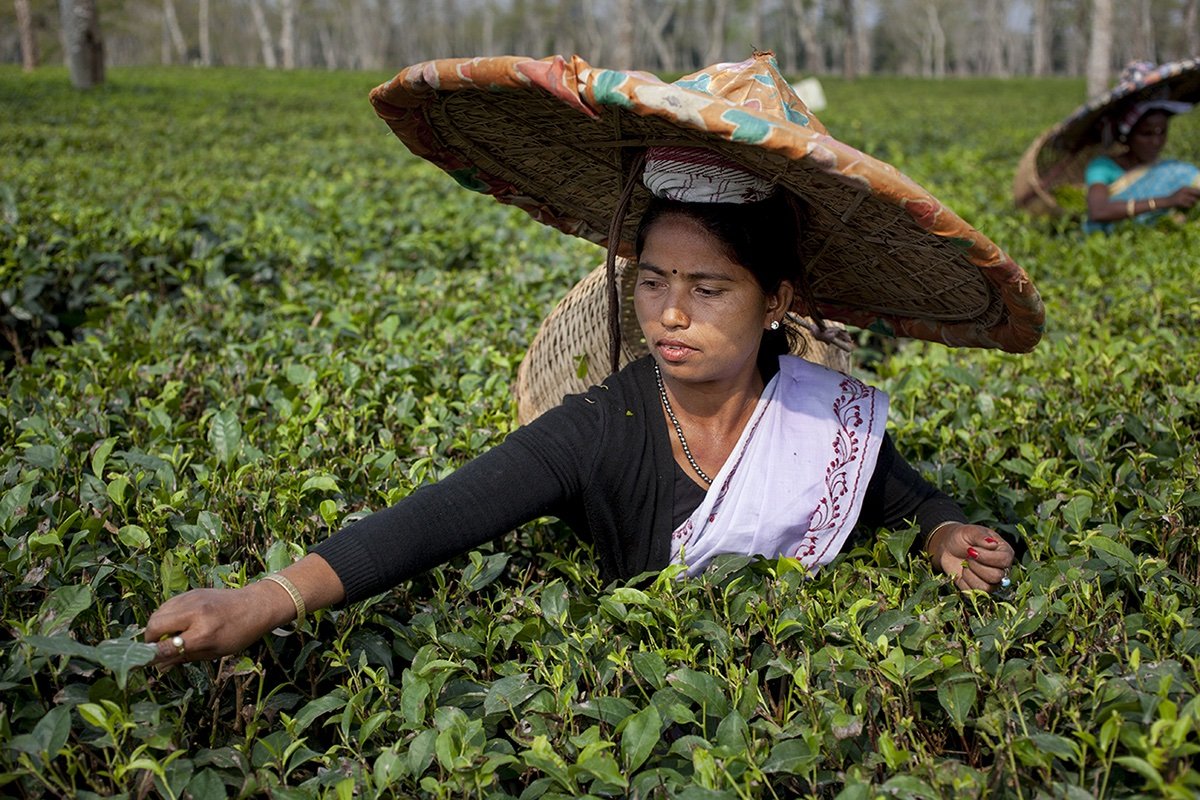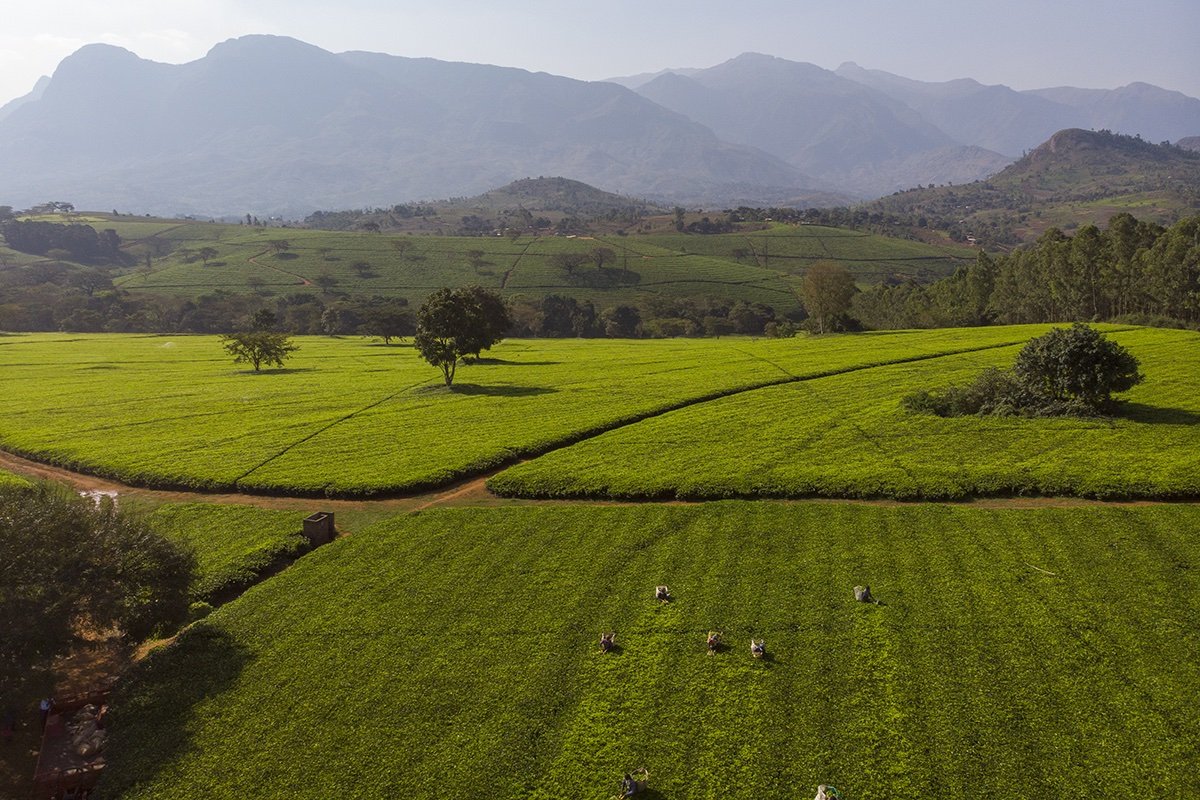At ETP we regularly question how we can most effectively demonstrate our contributions to change, and our influence on the tea sector.
Our Insights Lead, Tiphaine Valois, outlines how we have developed a monitoring, evaluation, and learning (MEL) framework to address this challenge.
The impact of our approach to MEL is threefold:
- It keeps us accountable to our key stakeholders – that is, smallholder farmers, workers, women, and young people – as we deliver our Strategy2030, and also to our members and donors, who invest in our initiatives;
- It supports us to adapt and improve our interventions based on what we learn, so that we can best deliver change; and
- It has the potential to inspire and catalyse stakeholders to (further) support our work.
At ETP, we recognise that for us to contribute to our vision of a thriving tea industry that is socially just and environmentally sustainable, we have to take a systems change approach.
That’s why, together with our members, we work collaboratively across projects, business pilots, and policy interventions, with diverse partners, whilst sharing our learnings, all to enable us to contribute to achieving our vision.
Did you notice that we specify that this all ‘contributes’ to us achieving our vision?
When attributing complex changes (such as structural, behavioural, attitude, policy, or practice changes) to one intervention or organisation, that assumes that this intervention or organisation was the only catalyst to change. In doing so, it takes away any agency from the stakeholders who changed their behaviours, policies, and practices, and negates the influence of other factors.
By recognising that ETP only contributes to complex changes, we acknowledge that whilst our intervention supported or influenced a change, it did not achieve this change by itself. Crucially, our approach accredits stakeholders’ own contributions and agency. This concept is at the core of our approach to MEL.

